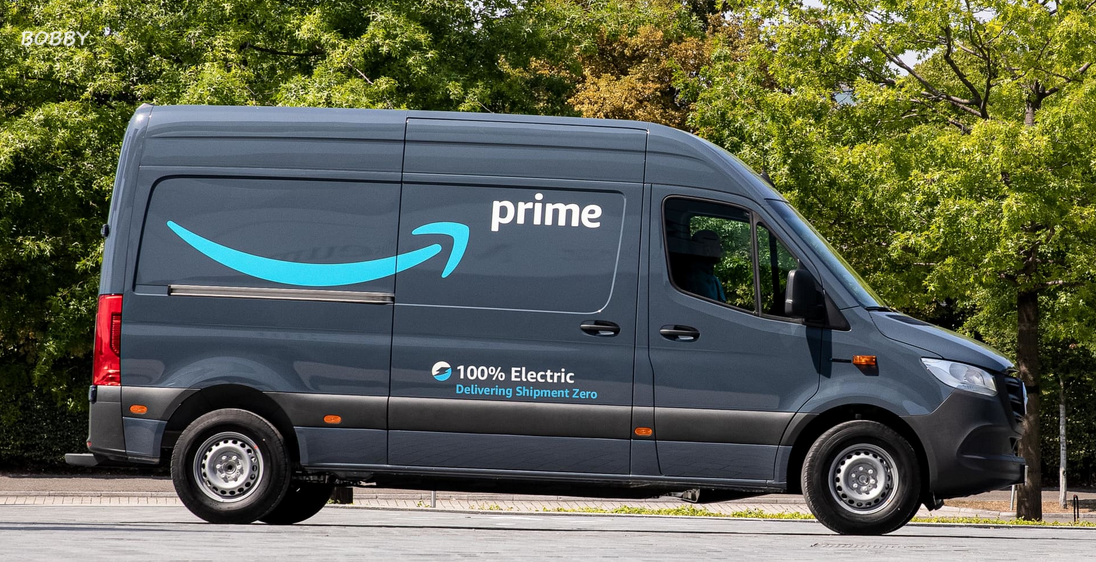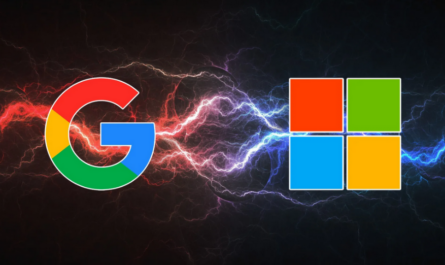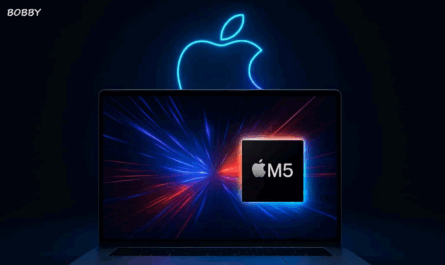American electric vehicle manufacturer Rivian has announced a temporary suspension of production for its Amazon electric delivery vans, citing a supply chain shortage that has impacted manufacturing. The Irvine, California-based company revealed that the halt affects only its Electric Delivery Van (EDV) line, while production of its popular R1T pickup and R1S SUV continues as planned. Despite this, Rivian warned that it may take some time to fully recover from the lost output.
The company shared a statement with Reuters, noting:
“Temporarily, our Electric Delivery Van (EDV) production has been hampered by a shortage of parts. We anticipate making up for any lost output.”
This announcement coincides with a small decline in Rivian’s stock during early trading, highlighting the immediate market impact of the supply chain disruption. Although the company did not specify which components or suppliers are causing the slowdown, it emphasized that efforts are underway to resume full production as soon as possible. No definitive timeline for returning to pre-halt production levels has been provided.
Supply Chain Challenges Across the EV Industry
Rivian is not alone in facing supply chain difficulties. The global electric vehicle (EV) market has been experiencing component shortages and logistical challenges, affecting manufacturers across the spectrum. Limited availability of semiconductors, battery materials, and other critical components has become a recurring issue for EV producers worldwide.
For Rivian, the EDV production pause highlights the vulnerability of EV startups relying on highly specialized parts. Unlike its consumer-focused R1T and R1S models, the EDV program serves a commercial purpose, with Amazon being the primary client. The company has an ambitious delivery schedule, with plans to deploy 100,000 vans across the U.S. and Europe by 2030, making the EDV a crucial revenue driver.
Amazon’s Strategic Role in Rivian’s Growth
Amazon remains a key player in Rivian’s trajectory. The e-commerce giant holds a 16% stake in Rivian, giving it substantial influence over the company’s strategic decisions. Beyond investment, Amazon has placed massive orders for electric delivery vans, making Rivian’s EDV line one of the most visible examples of commercial EV adoption on the roads today.
The EDV vans are part of Amazon’s sustainability initiatives, aiming to transition its delivery fleet to zero-emission vehicles. Despite the temporary halt, Amazon’s confidence in Rivian remains strong, as the partnership underscores the growing importance of EVs in commercial logistics.
Rivian’s Manufacturing Footprint and Expansion Plans
Currently, Rivian’s manufacturing is primarily concentrated at its main facility in Normal, Illinois, where it produces both consumer vehicles and commercial EDVs. The company has also announced plans for a second production site in Georgia, which is expected to increase overall manufacturing capacity and help meet rising demand for EVs.
The Illinois plant has been central to Rivian’s ability to deliver vehicles efficiently, but like all production hubs, it remains susceptible to supply chain disruptions. The temporary halt demonstrates the challenges of scaling EV production while maintaining delivery schedules for both consumer and commercial markets.
Volkswagen’s Investment in Rivian
In addition to Amazon, Rivian has attracted attention from global automakers, including the Volkswagen Group (VW). Last month, VW confirmed a $5 billion investment in Rivian as part of a joint venture aimed at strengthening EV infrastructure and advancing sustainable mobility initiatives.
As part of the deal, VW will also take a $1 billion equity stake in Rivian, reinforcing the partnership between the two companies. This investment is expected to bolster Rivian’s cash reserves, ensuring financial stability as it ramps up production of future models, including the anticipated R2 SUV series. The deal has received approval from German competition regulators, reflecting confidence in Rivian’s long-term growth potential.
Looking Ahead for Rivian and the EV Industry
While the EDV production halt is temporary, it raises broader questions about the resilience of the EV supply chain. Rivian must balance ongoing consumer vehicle production with the critical commercial partnership with Amazon. Maintaining consistency in both segments is essential for sustaining investor confidence and meeting ambitious fleet delivery targets.
The supply chain challenges also highlight a larger trend within the EV industry, where startups and established automakers alike face bottlenecks in sourcing key components. Industry experts suggest that diversified supplier networks, strategic partnerships, and local sourcing initiatives could mitigate future disruptions.
Rivian’s partnership with VW is likely to play a pivotal role in addressing these challenges. The combined expertise and resources of a global automaker and a fast-growing EV startup can accelerate innovation, improve supply chain resilience, and ultimately help Rivian meet its ambitious production targets.
Conclusion
In summary, Rivian’s temporary production halt of Amazon delivery vans underscores the ongoing supply chain challenges within the EV sector. While consumer-focused models like the R1T and R1S continue to roll off the assembly line, the EDV program is temporarily affected by a shortage of parts, with no clear timeline for resumption.
With strategic investments from Amazon and Volkswagen, Rivian is well-positioned to navigate these challenges and continue its expansion. The company’s ability to scale production efficiently while maintaining strong commercial partnerships will be key to its success in the highly competitive EV market.
As EV adoption accelerates globally, Rivian’s experience serves as a reminder of the complex interplay between manufacturing, supply chains, and strategic investments in shaping the future of electric mobility.




